|
Toni-Marie Achilli Lecturer in Molecular Pharmacology, Physiology and Biotechnology |
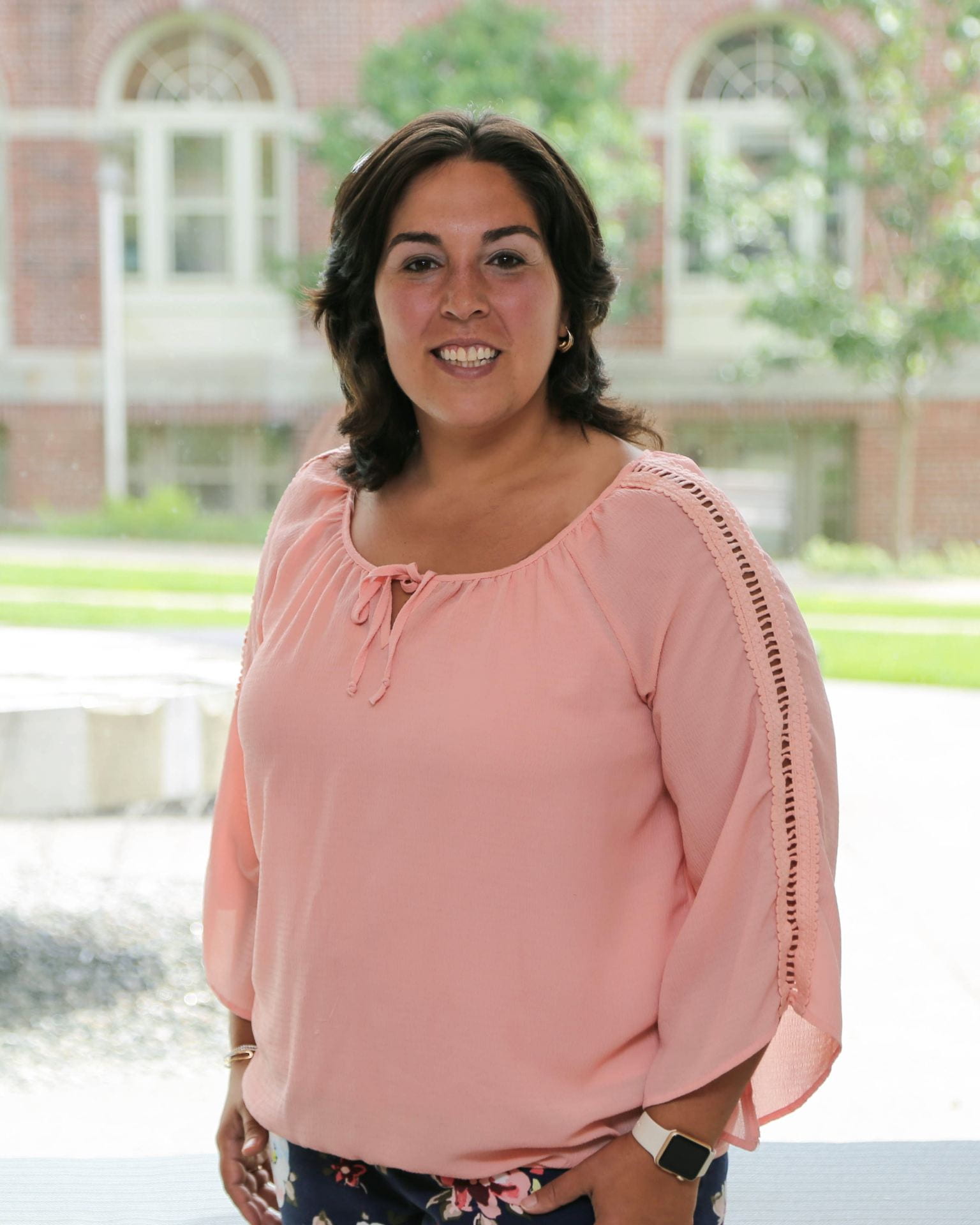 |
|
Toni-Marie Achilli received a B.S. in Chemical and Biomolecular Engineering from Johns Hopkins University in 2008 and a PhD in Biomedical Engineering from Brown University in 2014. Before returning to Brown as a Lecturer, Achilli worked at Rhode Island College as an Assistant Professor of Biology. For more information, please click here. |
|
|
Elizabeth S. Chen Associate Director of the Center for Biomedical Informatics Associate Professor of Medical Science Associate Professor of Health Services, Policy and Practice |
 |
|
Elizabeth S. Chen, earned a BS in Computer Science from Tufts University in 1998, followed by a MA in Biomedical Informatics from Columbia University in 2000. Continuing at Columbia, she earned an MPhil and PhD in Biomedical Informatics in 2002 and 2004 respectively. Elizabeth S. Chen, PhD, FACMI is the Founding Associate Director of the Brown Center for Biomedical Informatics (BCBI), Associate Professor of Medical Science, and Associate Professor of Health Services, Policy & Practice at Brown University. Research Statement Chen’s research involves exploring and improving use of data, information, and knowledge to support biomedical discovery and healthcare delivery. Specific research interests include clinical documentation, clinical decision support, health information needs, standards and interoperability, natural language processing (NLP), and data mining. For more information, please click here. |
|
|
Kristina Cohen Howard Hughes Medical Institute Postdoctoral Research Associate in Molecular Biology, Cell Biology & Biochemistry |
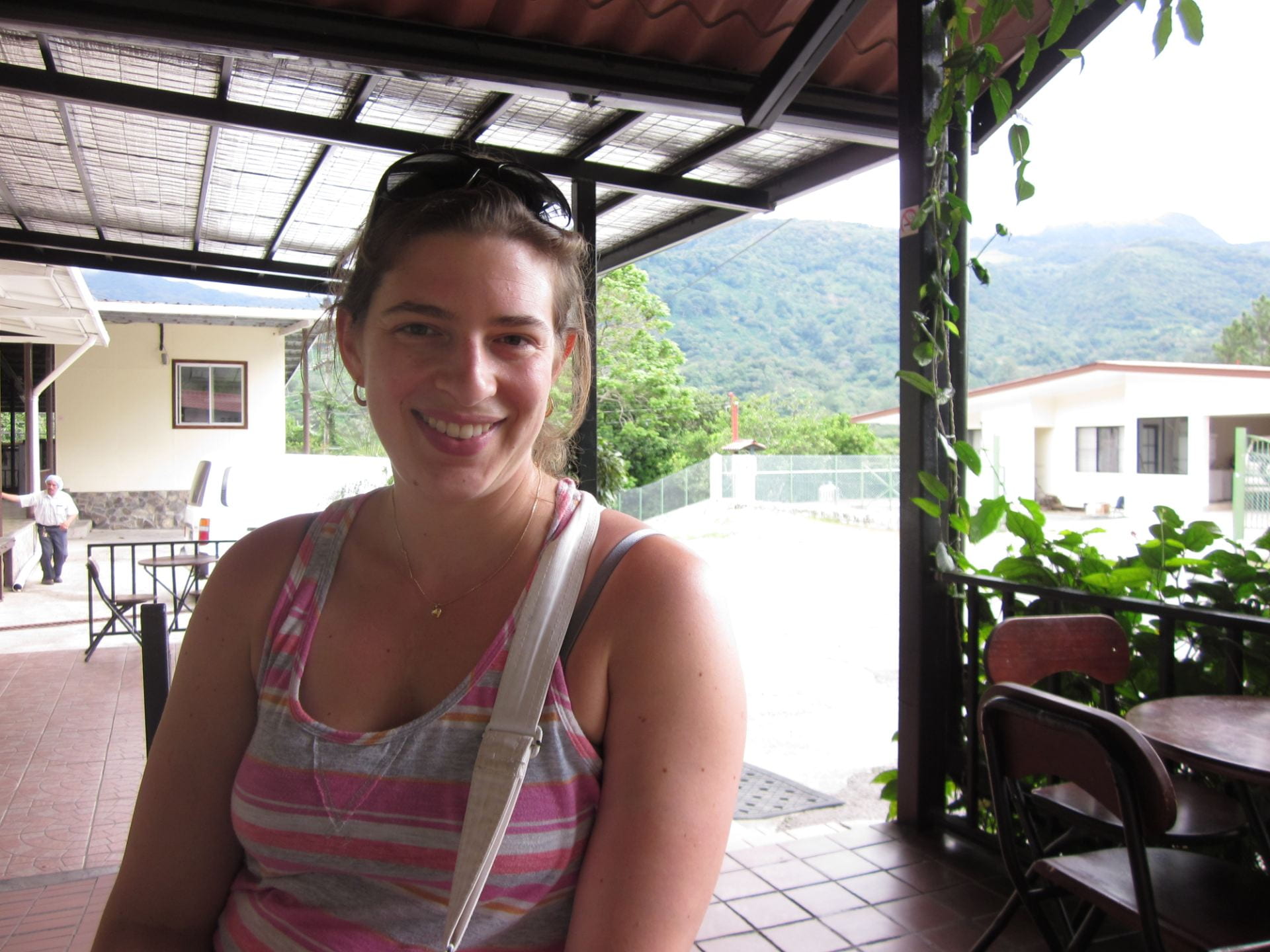 |
| Kristina is an HHMI Postdoctoral Research Associate in The Department of Molecular Biology, Cell Biology, and Biochemistry and the Sheridan Center. Her focus is teaching, developing, and assessing inquiry-based courses in order to provide a more authentic research experience for students. Kristina holds a B.S. in Biology from Siena College, an M.A.T. in Secondary Science Education from Teachers College, Columbia University, and a Ph.D. in Biology from Boston University. She spent three years teaching middle and high school science before her doctoral research led her to study the proximate mechanisms of adaptive early hatching in Neotropical treefrogs. For more information, please click here. |
|
|
Ruth Melanie Colwill Professor of Cognitive, Linguistic and Psychological Sciences |
 |
|
Ruth M. Colwill received her BA from the University of York and her PhD from the University of Cambridge. Her research interests include animal learning and behavior, early adverse experiences on cognitive development, canine communication systems and aggressive behavior. Research Statement My research uses primarily behavioral methods to examine how information is represented by the animal mind. Topics include animal learning and behavior, early adverse experiences on cognitive development, canine communication systems and aggressive behavior, and environmental enrichment. My research uses primarily behavioral methods to examine how information is represented by the animal mind. Current areas of research are:
For more information, please click here. |
|
|
Alison DeLong Assistant Professor of Biology in Molecular Biology Cell Biology, & Biochemistry |
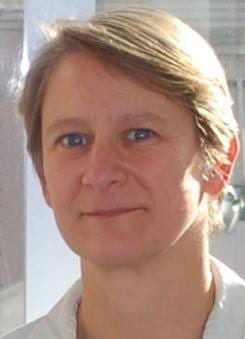 |
|
Alison DeLong, PhD, is an Assistant Professor of Biology in Molecular Biology, Cell Biology & Biochemistry at Brown University. Dr. DeLong’s research seeks to gain insight into the functions of protein phosphatase 2A (PP2A), an enzyme that performs important roles in phosphorylation circuits governing growth, morphogenesis and cell fate. Research Statement The DeLong laboratory uses molecular and genetic approaches to gain insight into the mechanisms that control plant growth and development. Many signaling pathways involve reversible protein phosphorylation events that regulate key steps in development, as well as responses to the environment. The activities of protein phosphatases make important contributions to the regulatory circuitry controlling plant biology, and it is clear that protein phosphatase activities themselves are tightly regulated. Our current work focuses on defining phosphorylation-mediated switches that control synthesis of the signaling molecule ethylene. Ethylene synthesis and response are conserved throughout land plants, and ethylene signaling is used to cue stress and defense responses as well as major developmental transitions via tightly controlled pathways. We recently used phylogenetic analyses to reconstruct the evolutionary histories of PP2A gene families. These analyses revealed that while whole-genome duplications have driven expansion of PP2A gene families, distinct subclades exhibit reduced rates of expansion and may perform specialized functions. For more information, please click here. |
|
|
Fulvio Domini Professor of Cognitive, Linguistic and Psychological Sciences |
 |
|
Fulvio Domini completed his Masters in Electrical Engineering and Ph.D. in Experimental Psychology at the University of Trieste, Italy. He came to Brown in 1999 where he is currently a Professor in the Department of Cognitive, Linguistic and Psychological Sciences. His research team investigates how the human visual system processes 3D visual information to allow successful interactions with the environment. His approach is to combine computational methods and behavioral studies to understand what are the visual features that establish the mapping between vision and action. His research has been and is currently funded by the National Science Foundation. Research Statement The 3D Information for Perception and Action Lab’s approach regards perception and action as two sides of the same coin, expressing a currency which is not the veridical Euclidean representation of the environment. Studying perception is the first step to revealing how visual information is organized to spring action: Perception presents the action space. Our first mission is therefore to study the visual encoding of 3D object properties. The relationship between visual encoding and the unfolding of a motor action, which requires the same 3D properties, is the aim of our second line of research exploring the visuomotor mapping. We believe that perception and the motor mapping are always synergistically updated. Thus, our third mission is to study the plasticity of the motor mapping and visual encoding of 3D information. For more information, please click here. |
|
|
Alexander Fleischmann Provost’s Associate Professor of Brain Sciences |
 |
|
Alexander Fleischmann earned a MS in biochemistry and later a PhD in Genetics from The University of Vienna. He later did postdoctoral work at the Research Institute for Molecular Pathology in Vienna, after which he continued his postdoctoral work at Columbia University in New York. He joined the Brown Department of Neurology and established the Fleischmann Laboratory in 2018. Research Statement The Fleischmann laboratory is interested in how neural circuits generate sensory perception and behavior. We use a combination of molecular genetic, in vivo imaging, computational and behavioral approaches to determine fundamental functional properties of neural networks in the mouse olfactory cortex. A central question in neuroscience is how sensory stimuli are detected and processed by neural circuits in the brain to generate sensory perception and behavior. Our laboratory has recently developed new molecular genetic and viral approaches that allow us to target and manipulate defined neural cell types in the olfactory cortex of mice. We have also characterized, using in vivo two-photon microscopy, electrophysiological recordings and computational approaches, fundamental principles of odor information coding in cortical neural networks. These recent advances open up new opportunities to explore how diverse neural cell types contribute to odor information coding in cortical neural networks, and how this information is transmitted to downstream target areas involved in sensory integration, cognition, and motor control. Finally, we are interested in how learning and experience alter olfactory neural network functions and behavior. For more information, please click here. |
|
|
Daniel M. Harris Assistant Professor of Engineering |
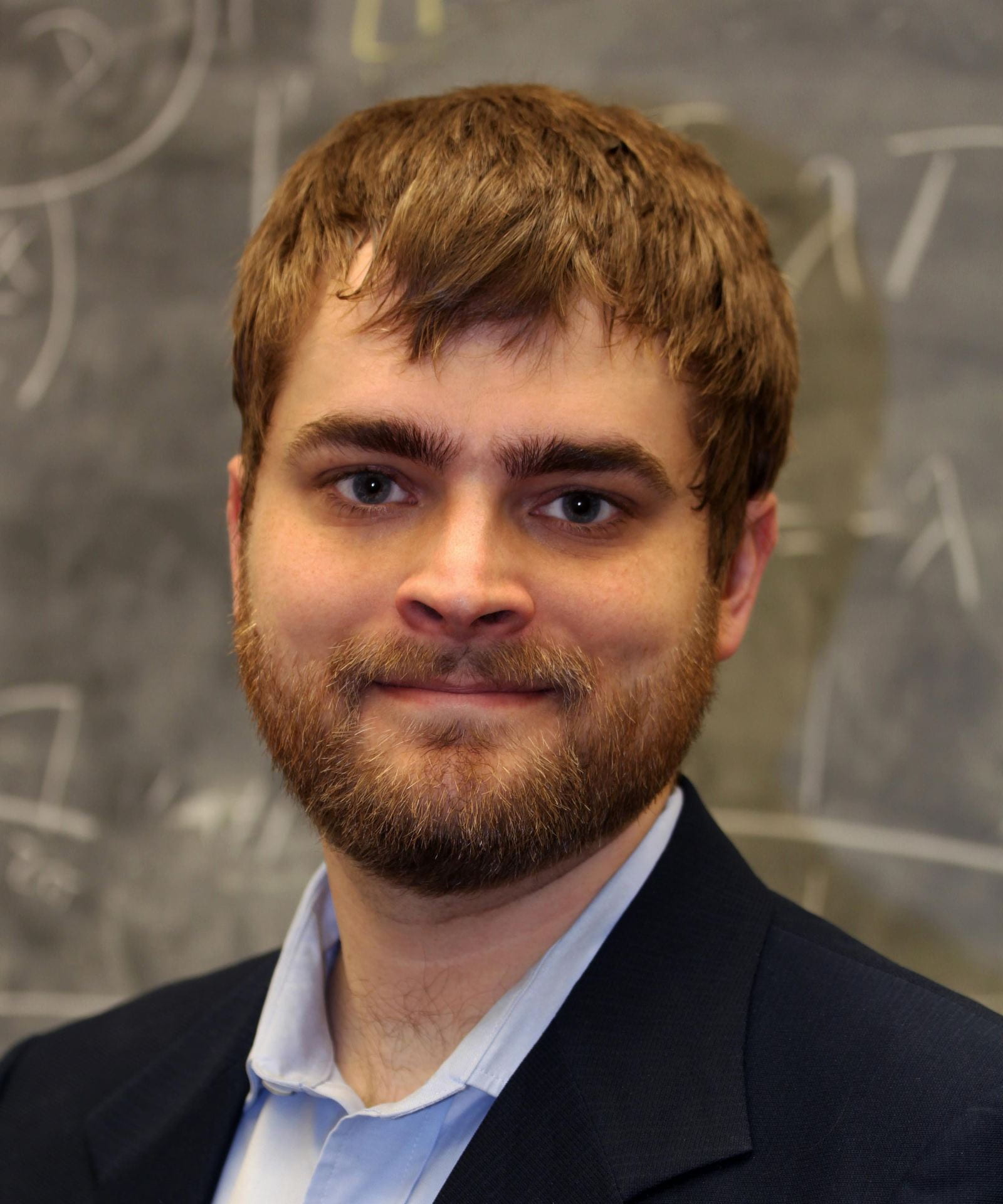 |
|
After earning his BS in Mechanical Engineering at Cornell University, Daniel Harris received a Ph.D. in Applied Mathematics from MIT in 2015, followed by a postdoctoral appointment at UNC-Chapel Hill. He became an Assistant Professor of Engineering at Brown University in the Fall of 2017. Research Statement The Harris Lab’s research involves custom laboratory experiments in fluid mechanics and soft matter supported by mathematical and numerical modeling techniques. Their current research directions focus on interfacial phenomena, microfluidics, transport phenomena, and nonlinear dynamics. They are also passionate about the connections between art, craft, and science, as well as public outreach and scientific communication. For more information, please click here. |
|
|
Mark A Johnson Royce Family Associate Professor of Teaching Excellence and Associate Professor of Biology, Graduate Program Director for the Molecular Biology, Cell Biology & Biochemistry Graduate Program |
 |
|
Mark received his B.S. in Biology from Wake Forest University in 1993 and completed his graduate work in Microbiology/Cell and Molecular Biology at the MSU-DOE Plant Research Laboratory at Michigan State University (Ph.D. 2000) where he studied mRNA degradation with Dr. Pamela J. Green. Mark began working on plant reproductive development while he was an NIH Ruth L. Kirchstein National Research Service Award postdoctoral fellow at The University of Chicago with Dr. Daphne Preuss (2000-2004). Mark joined the faculty of Brown University in September of 2004. Mark’s laboratory is focused on understanding the molecular basis for cellular communication. They focus on flowering plant reproduction because this process is essential for agricultural productivity and because it relies on an elaborate dialogue between experimentally tractable cells. Mark is active in graduate and undergraduate teaching and mentoring in Molecular Biology, Cell Biology, & Biochemistry. He is the MCB graduate program director and the director of Brown’s Howard Hughes Medical Institute-funded efforts to increase retention among undergraduates interested in STEM disciplines. Research Statement Dr. Johnson’s lab uses pollen tube growth and guidance as a model system to understand the mechanisms of invasive cell growth, guidance of cellular migration, and determination of cellular polarity. The lab studies the fertilization process in flowering plants because the success of this fundamental component of the life cycle depends on a lengthy and precisely guided cellular journey. For more information, please click here. |
|
|
Tyler Kartzinel Assistant Professor, Department of Ecology & Evolutionary Biology |
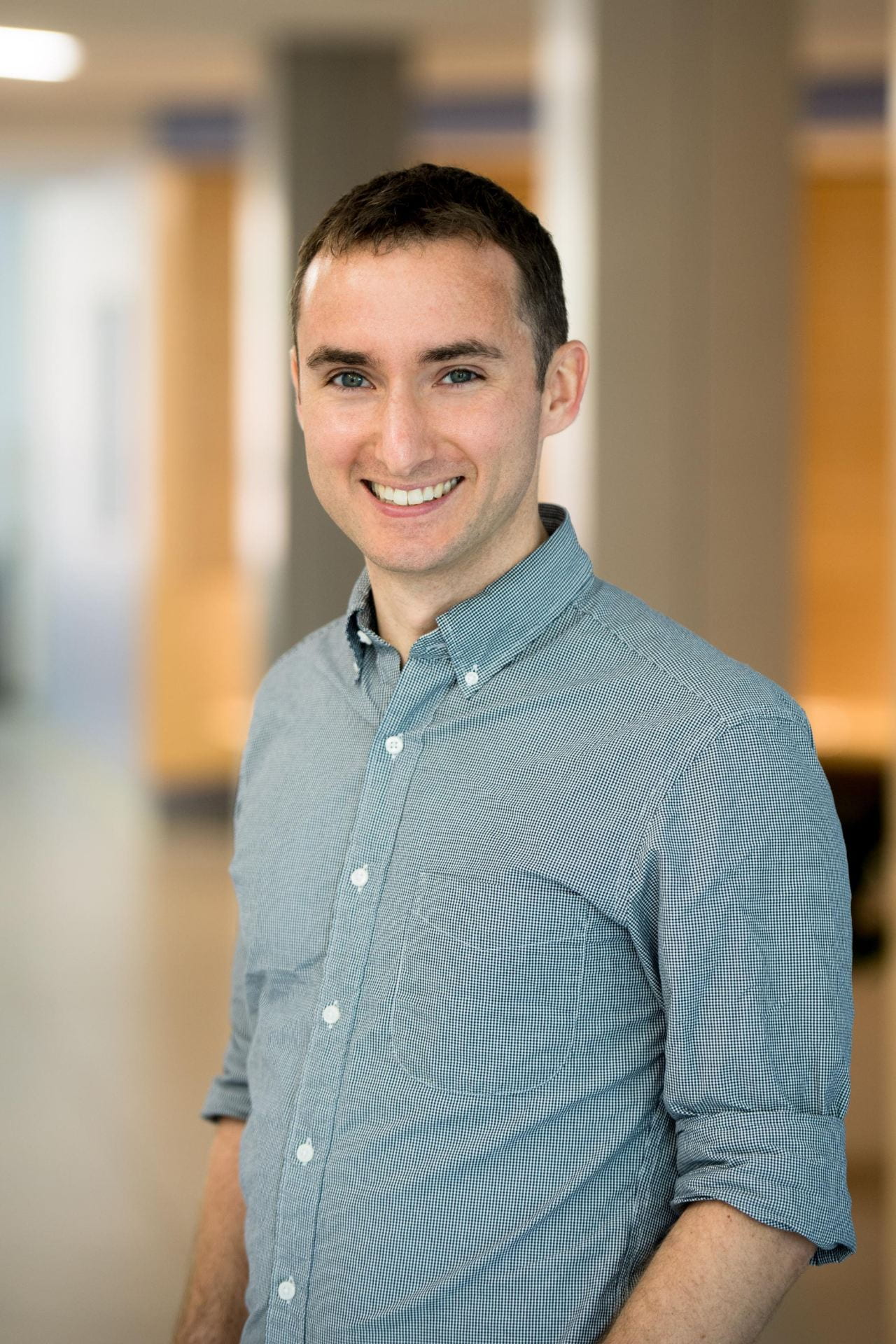 |
|
Tyler Kartzinel earned a BA in both Biology and Environmental Studies at Rollin College. He continued his studies at the University of Georgia where he completed a PhD in the Odum School of Ecology. He joined the faculty of Brown University’s department of Ecology and Evolutionary Biology as an Assistant Professor in 2017. Research Statement Much of the Kartzinel Lab’s research uses forensic lab tools and field experiments to answer questions about biology and conservation that were previously intractable. I aim to illuminate how species interact with each other – predation, herbivory, competition, pollination, symbioses – why these interactions matter for nature and people, and how these interactions can guide efforts to address global change and solve challenges in biomedicine. Our integrative approach spans scales from whole-ecosystem field experiments to DNA-based laboratory analyses that illuminate crucial processes in evolutionary ecology that are rare or otherwise difficult to observe. We collaborate with communities and organizations around the world to amplify the value of our research and to confront real-world conservation challenges. For more information, please click here. |
|
|
Louis Lapierre Assistant Professor, Department of Molecular Biology, Cell Biology and Biochemistry |
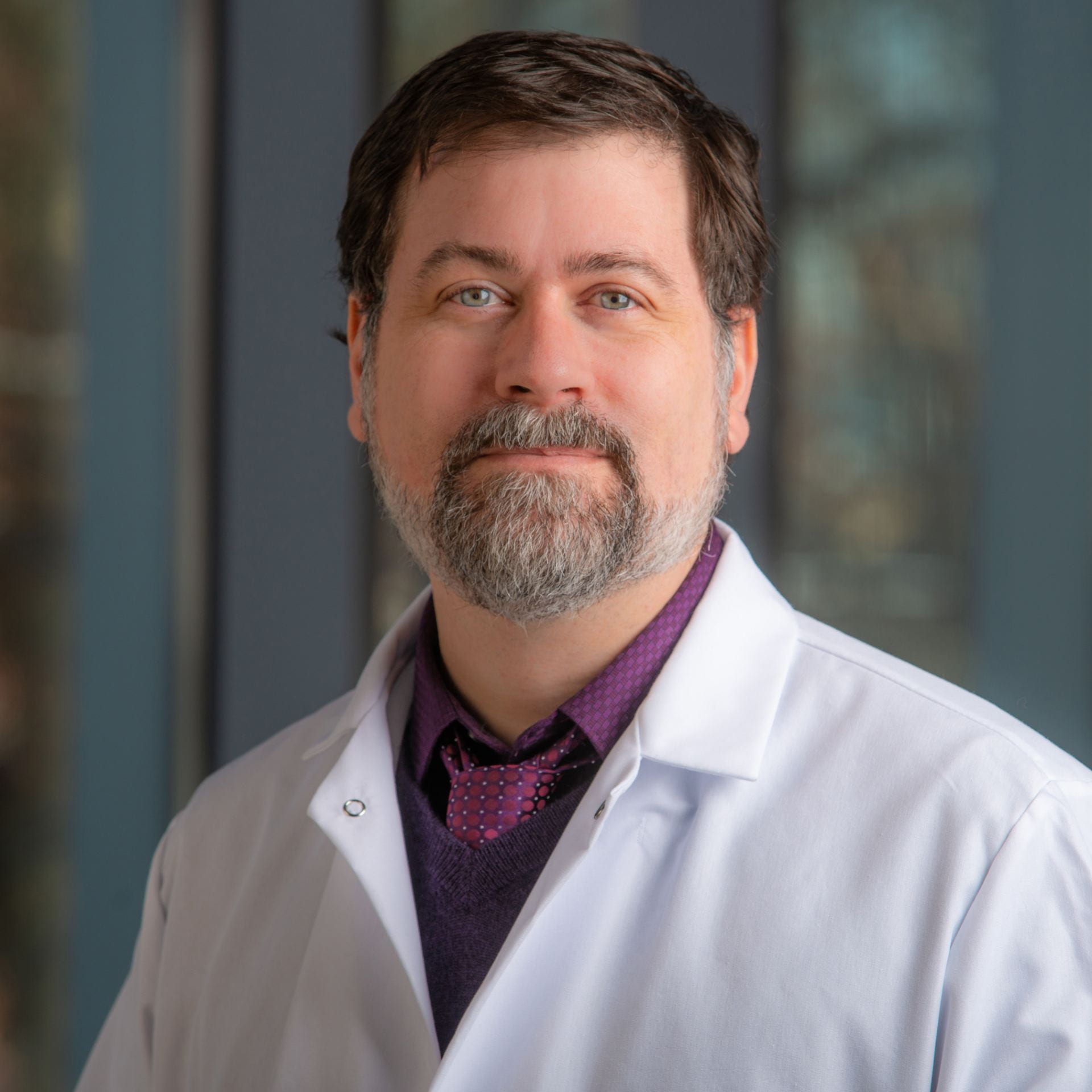 |
|
Louis obtained a Ph.D. in Biochemistry from Dalhousie University in 2006. His research interests in metabolism and aging led him to pursue postdoctoral studies in San Diego at the Sanford-Burnham Medical Research Institute. He joined the Department of Molecular Biology, Cell Biology and Biochemistry at Brown in 2015. Research Statement The Lapierre laboratory uses a combination of biochemical, genetic and molecular approaches to study aging in a well-established aging research model, the nematode C. elegans. Our focus is to expand our understanding of the biology of aging by investigating the autophagy/lysosomal pathway, a central longevity mechanism. In particular, the lab focuses on lysosome biology, the regulatory network of autophagy and lipid remodeling and signaling. For more information, please click here. |
|
|
Monica Linden Senior Lecturer in Neuroscience |
 |
|
Dr. Linden earned her PhD from MIT. She is a Senior Lecturer in Neuroscience who has taught a variety of neuroscience courses from large lecture classes to small discussion seminars. Dr. Linden focuses her work on improving course pedagogy, with a focus on assessments. She strives to create inclusive learning environments that honor student diversity. For more information, please click here. |
|
|
Joslyn Mills-Bonal Postdoctoral Research Associate |
 |
|
Originally from Michigan, Dr. Joslyn Mills earned her PhD in Cellular and Molecular Physiology from Tufts University in Boston, MA. She is currently a postdoctoral researcher in the Lapierre lab at Brown University where she is investigating how organellar dynamics change during aging, and she hopes to progress the field of age-related research both in the lab and in the classroom. Joslyn is passionate about extending biological education to the general public and has spent a lot of time designing curriculum for outreach programs. This has helped her to transition into teaching a Course-based Undergraduate Research Experience (CURE) course using C. elegans as the model to do aging research in the classroom. For more information, please click here. |
|
|
Neil Sarkar Director of the Center for Biomedical Informatics Associate Professor of Medical Science Associate Professor of Health Services, Policy and Practice |
 |
|
Neil Sarker, PhD, MLIS, FACMI, earned his BS in microbiology at Michigan State University in 1999, after which he completed an MPhil and PhD in Biomedical Informatics at Columbia University in 2002 and 2004 respectively. Neil Sarkar is the Founding Director of the Brown Center for Biomedical Informatics, and currently an Associate Professor of Medical Science, and Associate Professor of Health Services, Policy & Practice at Brown University. Research Statement The underlying hypothesis in Dr. Sarkar’s research is that the integration of unlinked data leads to new information that can be used to inform knowledge about underpinning phenomena in biology and health. His current research includes harnessing data for supporting comparative genomic and phenomic studies of complex disease, including the development of models to predict trajectories of complex conditions, such as pregnancy and its complications. For more information, please click here. |
|
|
Andrea Simmons Professor of Cognitive, Linguistic and Psychological Sciences |
 |
|
Andrea Megela Simmons received her A.B. degree from the University of Pennsylvania and her Ph.D. degree from Harvard University. She conducted postdoctoral research at Cornell University. She is currently a Professor of Cognitive, Linguistic, & Psychological Sciences at Brown, with a secondary appointment in the Department of Neuroscience. She is a member of the Carney Institute of Brain Science. Her research interests encompass cognitive and neural mechanisms of sound perception and communication in a variety of animals (frogs, bats, dolphins, and humans). Currently, she is a principal investigator on an ONR MURI project. Prof. Simmons’s research interests include animal communication, auditory perception, development and evolution of hearing, and mechanisms of sound processing. For more information, please click here. |
|
|
Sarah Taylor Instructional Coordinator/Science Learning Specialist, BioMed |
 |
| TBD |
|
|
Eric Victor Lecturer in Chemistry |
 |
|
Eric Victor grew up as an army brat in Germany. After graduating from high school, he joined the US Army as a chemical, biological, radiological, and nuclear operations specialist (54B/74D). During his military service, he was stationed at bases in Missouri, Georgia, Kuwait, and Iraq and participated in Operation Iraqi Freedom I and III with the 92nd Chemical Company, 3rd Infantry Division (MECH). His notable awards from his military service are the Army Commendation Medal with one oak cluster, the Army Achievement Medal with one oak cluster, and the Presidential Unit Citation. Upon completion of his military service, Eric attended the University of Wisconsin – Madison, where he graduated with a B.Sc. in Chemistry with honors. He performed research under the guise of Profs. John F. Berry and Bassam Shakhashiri in the chemistry department and Prof. Philipp Simon in the USDA-ARS program in the horticulture department. Eric then continued his education at the Massachusetts Institute of Technology for his Ph.D. studies working for Prof. Stephen Lippard on iron-sulfur cluster and nitric oxide chemistry. He was awarded his Ph.D. in Inorganic Chemistry in 2014. Eric regularly performs improvisational and stand-up comedy in the greater Boston area as a hobby, and occasionally at comedy festivals around the country as well. For more information, please click here. |
|
|
Yang Zhou Assistant Professor of Research for Molecular Microbiology and Immunology Division of Biology and Medicine |
 |
|
Yang Zhou, PhD, earned a BS in biochemistry at Nanjing University in 2005. He moved on to the University of Texas Health Sciences Center where he completed a PhD in biochemistry and molecular biology in 2010. Following this, he worked at Yale University, first as a postdoctoral associate, then as an associate research scientist. Then in 2014, Dr. Zhou joined the faculty of Brown University as an Assistant Professor of Research for Molecular Microbiology and Immunology. Research Statement Dr. Zhou’s primary research interests are directed towards understanding the immunopathogenesis of lung injury and repair. Chitinase 3-like 1 (CHI3L1), which is also called YKL-40 in man and BRP-39 in the mouse, is a prototypic chitinase-like protein (CLP) that binds but does not cleave chitin. His recent publications have demonstrated that CHI3L1 plays a protective role by ameliorating cell death and stimulating fibroproliferative repair. Dr. Zhou’s future research plans are aimed at dissecting the common mechanisms that underlie the pathogenesis of pulmonary hypertension and pulmonary fibrosis, specifically the roles of CHI3L1 and its receptors, and intracellular receptor trafficking pathways in disease progress. His long-range research goals are to identify the immune and cellular responses that mediate lung injury and repair responses and to identify specific molecular targets that can be targeted in the treatment of related disorders. For more information, please click here. |
|